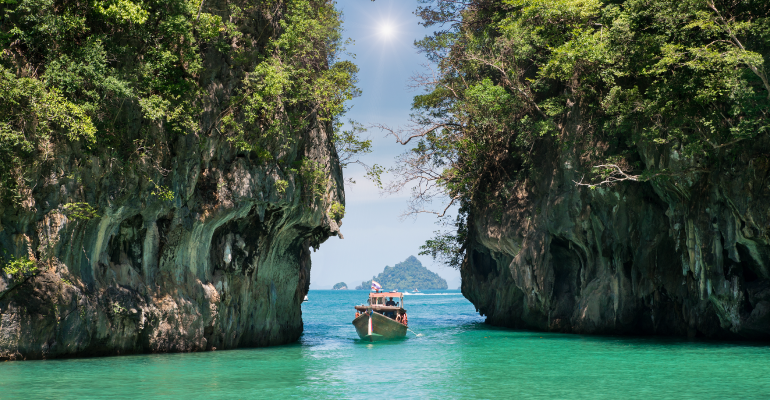What are the general aspects of a CE methodology?
Essentially, in order to reduce environmental impact, companies have to minimise the disposal of waste and the need for raw materials by keeping existing materials and assets in the production cycle. This alternative economic system is a transition from our current linear economy, which "takes, makes and wastes," into one that reuses, recycles and repairs.
Who can cruise companies look to as examples?
The apparel company Timberland identified footwear as one of the biggest users of virgin rubber, so they partnered with Omni United, a tire manufacturer, and distributor to produce a new brand of tires and footwear made from their own recycled tires.
In Kolkata, India, a firm that produces biogas (from animal and plant waste) worked with Ashok Leyland, a major vehicle manufacturing company, to produce buses, as well as the government to place pumps around the city. Because biogas is significantly less expensive than other fuels (also sustainable), bus fares will begin at less than $0.02, one-twelfth the cost of the next-cheapest bus.
Why should cruise professionals and companies embrace CE?
Those who embrace a circular economy methodology will deliver both environmental and business benefit to the cruising ecosystem while providing a unique offering to their passengers.
For the cruise industry specifically, there are 2 main areas where this methodology can be implemented:
- The physical vessel
- The surrounding ecosystem
Each of these are equally important and have their own set of players and influencers. Bringing them together in a single circular economy will stimulate economic growth and is the ideal future state.

You’re on the panel of the The Circular Economy – Is the Cruise Industry Ready? debate. Who should participate in this and why?
- Cruise owners and operators seeking to elevate their environmental strategy and collaborate with top vendors and ecosystem players.
- Destinations out to delivering the services and infrastructure for Vessel services / future fuel / waste / tourism of the future
- Designers, to learn how designing with CE in mind creates a more eco-friendly future
- Vendors wanting to learn CE’s underlying drive, from the solutions and systems to the services and lifecycle approach
What are you most excited about for Seatrade Cruise Global 2020?
Creating and strengthening collaboration and partnerships. This is key to the future and it’s at Seatrade Cruise Global that we can get so many parts of the industry together in one place.
To hear more from Maikel at The Circular Economy - Is the Cruise Industry Ready, or to attend Seatrade Cruise Global 2020 register here!

